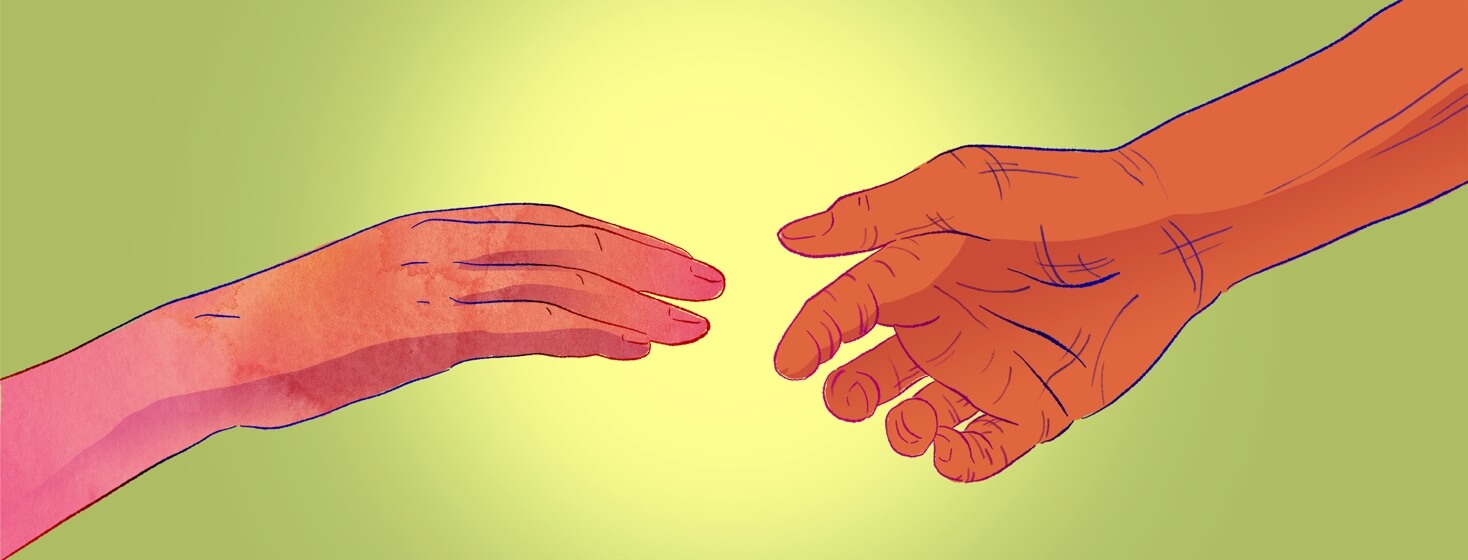Is Psoriasis Contagious?
I have been asked if psoriasis is contagious many times. The answer is no, it is not contagious. Psoriasis looks like a raw scrape, burn or rash. Psoriasis is an autoimmune disease that produces new skin cells up to four times faster than the normal rate. Most people loose their skin cells in about 28 to 30 days but psoriasis tells your body to make new cells much faster and the old cells start to pile up and create plaques. New cells cause the old cells to push up, but because the cells are not quite ready to shed off they are still connected. Plaques or build up of the cells are silver or white flakes.
Why do people think psoriasis is contagious?
Many people believe that psoriasis is contagious because they think it is bacteria, which is not true. Psoriasis is an autoimmune disease. If you are wondering what an autoimmune disease is that's a common question too. An autoimmune disease is something that affects the part of your body that protects you from infection or your immune system. When someone has psoriasis, it means our cells to go to war with your healthy immune system and cause you to have a breakdown in the production of the skin cells and leaving you susceptible to frequent infections.
Featured Forum
View all responsesPsoriasis doesn't spread to other people like bacteria but it can spread to other areas of the body of the person who has it. For instance, I have psoriasis at the nape of my neck in the hairline. One spot the size of a dime spread and involves my entire scalp. My back has a few patches on it but has covered my entire trunk. At one point all total my skin was covered with psoriasis about 97%. I literally felt like it was everywhere including legs, arms, trunk, chest, face, feet, hands and private areas.
Learning more about psoriasis
Doctors, scientists and pharmacists are learning more about the specific reasons that we have psoriasis. In fact, science is teaching us what codes in the makeup of our cells are responsible for giving us psoriasis. Since the patterns and codes are being found scientists are learning how to stop the pattern from re-occurring. With the use of these tools medications are being developed to either stop the pattern all together or to trick the body into not using the broken pattern. In some cases medications are tricking the body to bypass the wrong codes.
Having psoriasis is difficult. Mentally, you realize that you do not look like other people around you. You know that you have flaws in the way you look all the time. The feeling of being stared at by others is not easy to handle. In my case, I felt like I need to hide my skin from others in public because it felt like I should be ashamed. In reality, you can't change it any more than the diversity of color in skin. In the world some people may have white, pink, or brown skin the same as you have psoriasis and others do not. This is NOT your fault.
Finding confidence in yourself
Losing your confidence in the way you look is a natural occurrence, but you can also get your confidence back too. Knowing that you have a disease is difficult but you are not alone. I find that the more opportunities that I take to make a connection with someone about my disease that it becomes one more person who learned something new about it. Instead of taking the uncomfortableness to heart, I look at it as a way to change other peoples views.
Maybe, the person staring has never seen it before. There is a chance they could just be worried. Think about when you first found out. You were worried, scared, anxious. Other people are no different. Pretty soon I found that I didn't notice people as much anymore and when I did I educated them. Talking about psoriasis helps people realize it exists and not to be afraid of it.

Join the conversation